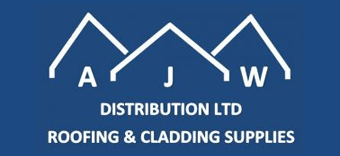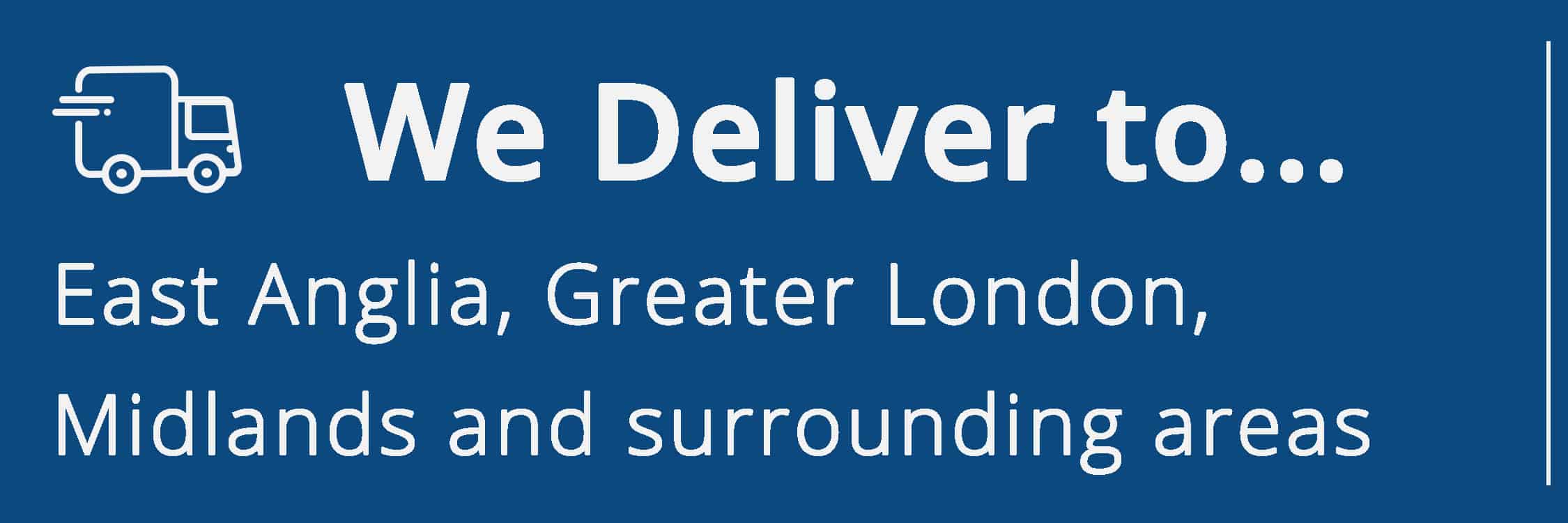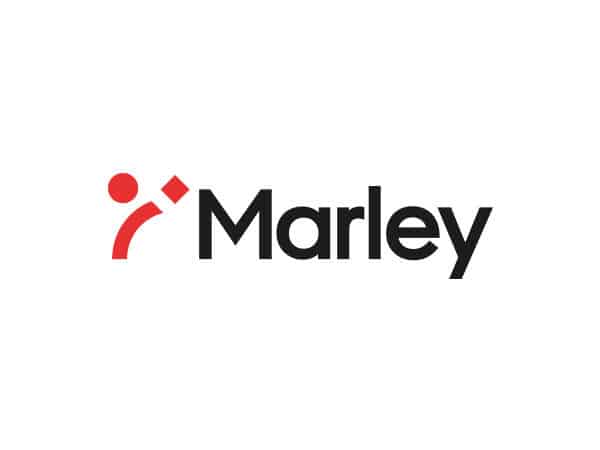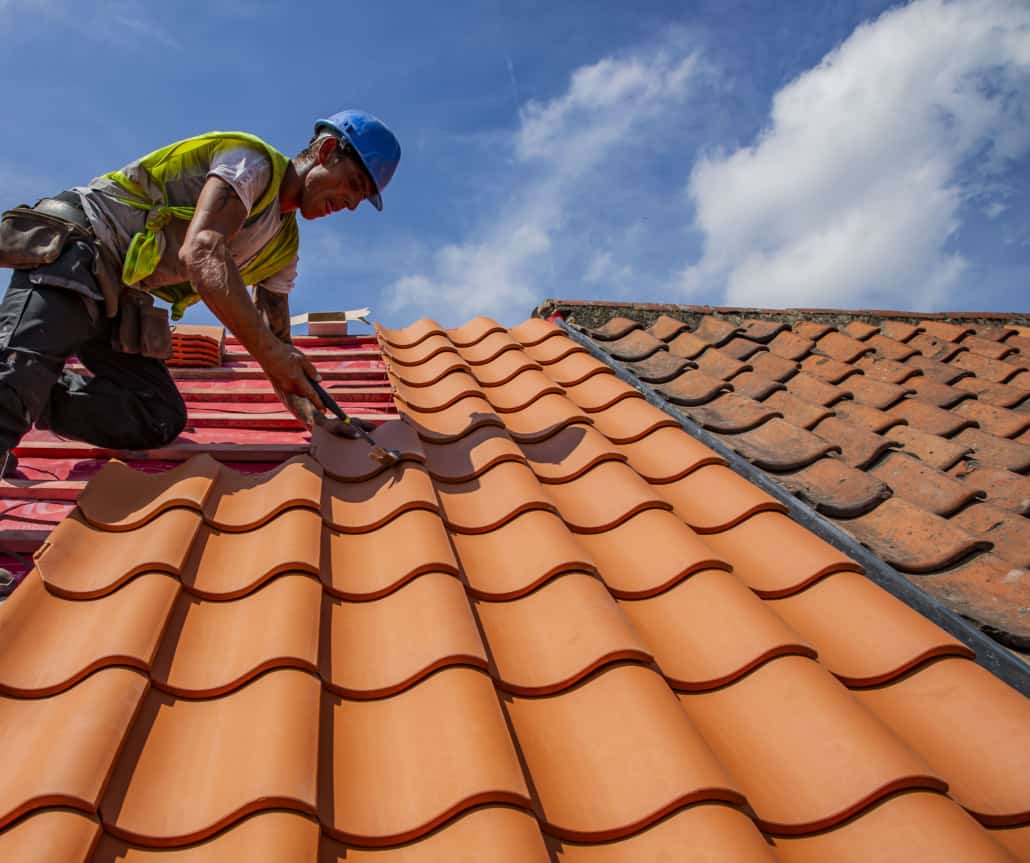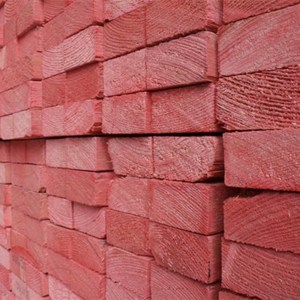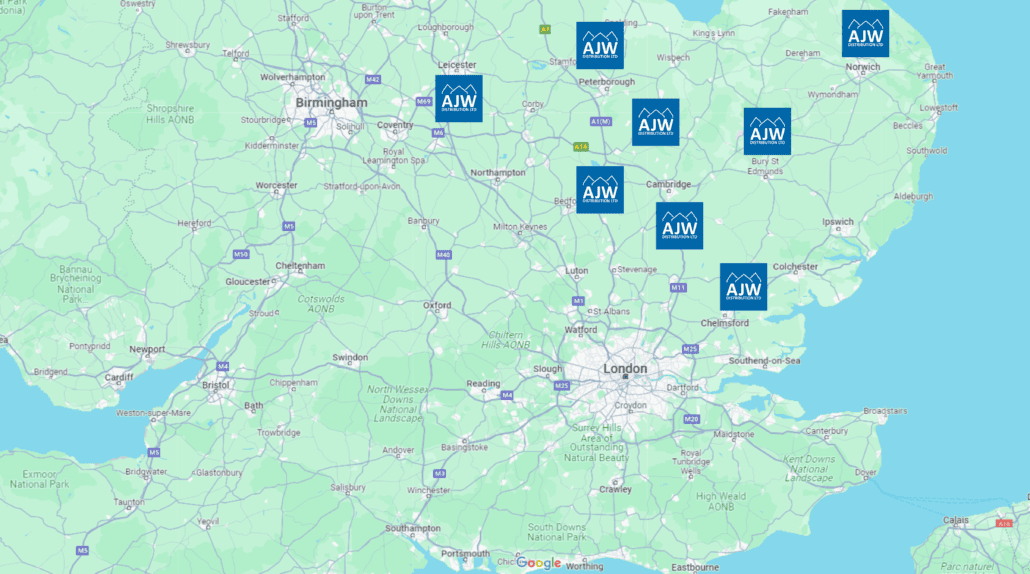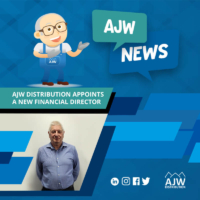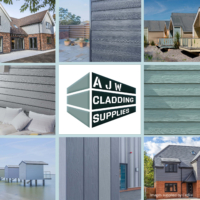There are a few things to look out for. The most important is chain of custody certification – this is usually listed as either Forest Stewardship Council (FSC) or Programme for the Endorsement of Forest Certification (PEFC) and will appear on the documentation. This proves the timber is sourced sustainably, from well managed forests with excellent replanting programmes. If you can’t see any certification, don’t recognise the timber body listed, or have any doubts, you should contact the manufacturer. All our roofing batten carries either FSC or PEFC certification.
The second thing you can look out for (in addition to the chain of custody certification) is third party assurance of quality and sustainability. There are concerns that not all batten stamped as BS 5534 compliant meet the standard, so getting an independent verification, like British Board of Agrément (BBA) accreditation, gives an extra peace of mind.
